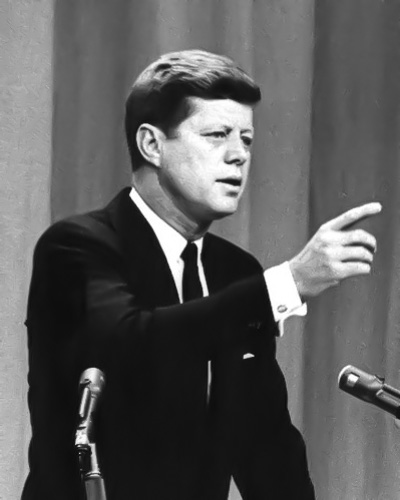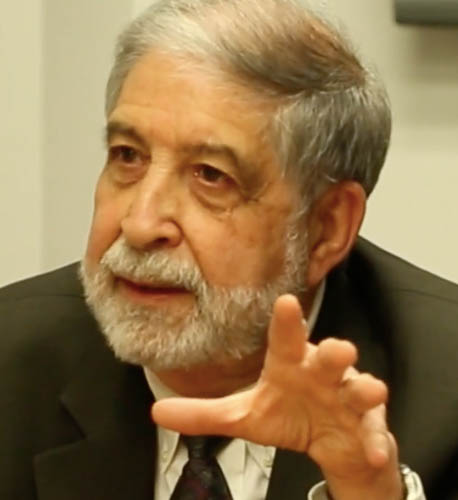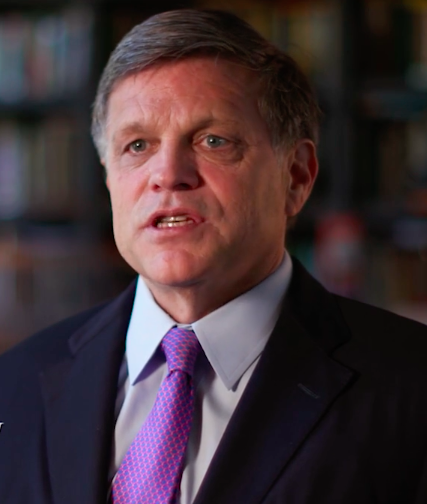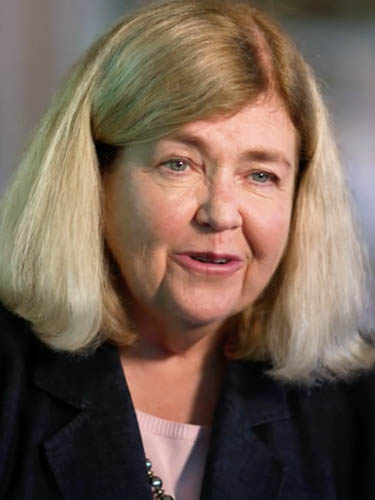“IN SOME WAYS, KENNEDY’S LEGACY IS MUCH THE SAME AS THE LEGACY OF A TEACHER. The best teachers are the ones you remember half a century after you left their classrooms. The ones who set your brain, your heart, your gut on fire with the richness of possibility. But there’s more than that, because that alone is insufficient to elevate John Kennedy to the heights to which ordinary citizens have raised him, historian objectivity notwithstanding. What really entitles Kennedy’s fans (that’s the right word) to their high opinion of him?
“In 1963, when Amherst College invited the President to speak at a convocation honoring the memory of Robert Frost, one would have understood it to be not only an advantageous choice (after all, what school would not benefit from the prestige of having a President on campus) but a proper choice: one could easily believe that John Kennedy was personally familiar with Frost’s poetry and probably that of a good many other poets, too. He was clearly, as his Amherst speech, reproduced elsewhere in this volume, made clear, a literary man.
“He had written a first-rate senior thesis at Harvard (“Why England Slept”, which later became a best-selling book). Even though his friend and assistant Ted Sorensen and Georgetown Professor Jules Davids did a good deal of the actual research and writing, it was Kennedy who conceived of and oversaw the publication of Profiles in Courage, a book that celebrated examples of political leaders willing to put their careers at risk to do what they thought was right.
“IT WAS AN UNFORTUNATE FACT OF HISTORY, therefore, that the Soviet Union had launched an aggressive and potentially threatening space program during the Eisenhower and Kennedy presidencies. Kennedy met the challenge by establishing America’s own space agency and proclaiming the conquest and exploration of space a national priority. That decision led to some of this country’s most exciting and important achievements. But to meet the new challenge, Kennedy recognized that the United States would have to simultaneously beef up its production of mathematicians, engineers, and scientists. The end result was a changed focus for America’s colleges and universities, away from the liberal arts, away from the humanities, away from civics and literature and critical thinking, away from the very qualities which Kennedy singled out for their importance in his Amherst speech. That decision—necessary and wise at the time—has had the unfortunate effect of an education system that produces fewer John Kennedys and in the process subtly changed the qualities Americans insist upon in national leaders. Our move from the soft sciences to the hard sciences has had effects Kennedy might find dispiriting. Kennedy’s Amherst speech celebrated the arts, the great animating spirit of novels and poetry and painting and sculpting, those cultural animators of what is most human in us. But that was not its only message. This was, after all, the man who in the short time of his presidency launched the Peace Corps and repeatedly promoted the qualities of outreach and growth, of inclusion and peaceful co-existence. America’s strength was mobilized to promote international development and opportunity.



